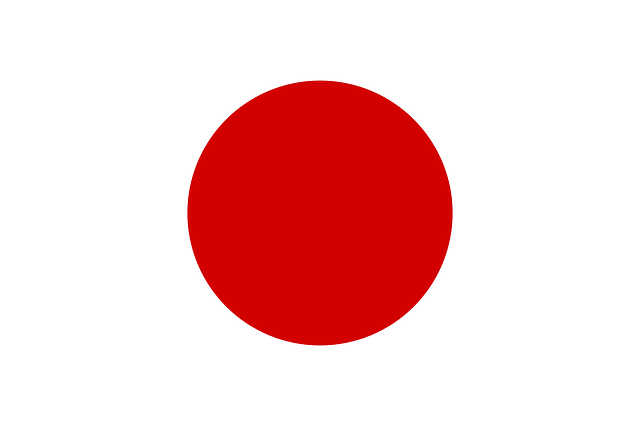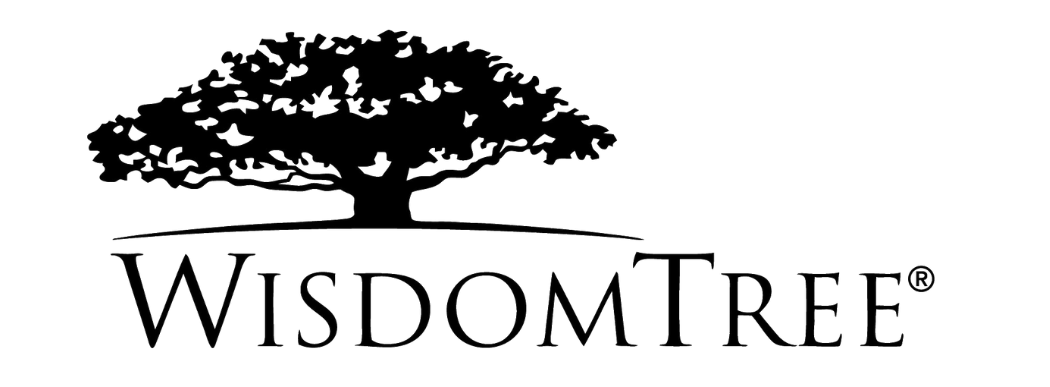In the last couple of weeks, I've interviewed two Japan experts, and those meetings have only strengthened my enthusiasm for the Japanese market.
The two experts were Jesper Kroll, CEO of WisdomTree Japan, and Geoffrey Post, sales director at Market Access ETFs (part of China Post Global.)
Let's look at why Japan appeals.
The most important point is that the economy is picking up and there's at least a chance that the days of deflation may be over. As Kroll told me, Japanese incomes and property values have been falling for about the last 25 years. But now incomes are finally rising and real estate prices in Tokyo are rising for the first time in 32 years. These rises should boost consumer confidence in Japan and keep the Japanese consumer spending.
On top of that, Japan is benefitting from stability. Prime Minister Abe has been in charge for six years now and he's probably going to stick around for another three and that's meant policy has been 'unbelievably consistent', according to Kroll.
Japan-sceptics worry about the increase in consumption tax (akin to VAT) which is due next October, but Kroll thinks that a recession won't follow thanks to a range of planned countermeasures. These include a massive increase in free education, and a 5% reward programme on many transactions when you pay electronically. (The Japanese have proved very attached to old-fashioned notes and coins.)
And then there's been significant improvements in corporate governance. Japanese firms have traditionally cared more about staff and customers than shareholders, but that has begun to change with a greater focus on return on equity (RoE). A decade ago, around 10% of Japanese firms had an RoE greater than 15%, but that's doubled since then, according to Post. He did add that RoE across the whole Japanese economy is still well below most developed rivals 'but there is a cadre of companies that has embraced RoE.'
Post is also fairly upbeat about workforce trends. Japan-sceptics point to the increasingly aged Japanese population as a major headwind, but over the last five years we've seen improved productivity and a larger workforce (largely due to increased female participation.) Post describes this combination as an 'interesting and heartening development.'
I should add that Post's advocacy for Japan was more measured than the ardent enthusiasm I heard from Kroll, but I'm not sure that the difference between the two matters that much. The important point is that there's a lot to like about Japan at the moment. And if you want to have a global equities portfolio, you should have a sizeable weighting for Japan.
Three ETFs
Unsurprisingly, Messrs Post and Kroll both wanted to highlight Japan ETFs that are offered by their employers, but they're interesting products and worth looking at in a bit of detail.
Let's start with two ETFs from WisdomTree:
WisdomTree Japan SmallCap Dividend UCITS ETF | DFJ
This ETF gives you exposure to a wide selection of smaller Japanese stocks paying a dividend. It has a yield of 3.4% which is well above the overall market yield of 2.3%. There's some evidence that many of the most interesting 'New Japan' companies are in the smallcap sector. And if a company is paying a dividend, that may be a sign that it's a more modern company which recognises the importance of shareholders.
On the downside, the charges are relatively high for an ETF at 0.48% a year. The ETF is also pretty new - it was launched in summer 2018 and it has less than $2 million under management.
WisdomTree Japan Equity UCITS ETF - JPY | DXJZ
This is another dividend-focused ETF - it concentrates on largecaps. The stocks have to pay dividends and at least 20% of revenues must come from outside Japan, so the ETF has bit of an export tilt. The yield is 3.8% and the annual charge is 0.4%.
The ETF was launched in 2014 and is much larger than the smallcap fund with $260 million under management. Once again, I like the idea of pursuing a dividend strategy - I think the discipline of paying out a regular dividend should encourage good management.
Market Access iSTOXX MUTB Japan Quality 150 Index UCITS ETF| MAJQ
This ETF was brought to my attention by Geoffrey Post. It tracks the iSTOXX MUTB Japan Quality 150 Index. As the name suggests this index comprises 150 large-cap 'quality' Japan stocks. These are companies with high but relatively stable RoE and low debt. They also have a good track record in converting profit into cash. No stock has a greater than 2% weighting in the index.
The index is similar in some ways to the better known JPX-400 index which was launched to try and encourage companies to follow the spirit of the Abenomics reforms. Sadly, the performance of the JPX-400 has been disappointing so far, and Post argues that the MUTB index is a better bet. He says the MUTB index is 'more distilled in what it focuses on' and should hopefully deliver better performance as a result.
Post says the ETF follows an 'active systematic' strategy. He's reluctant to use the 'smart beta' moniker, but in the end that's what it is, and no bad thing for that. It's an ETF that gives you exposure to quality stocks in a transparent manner with a rules-based approach. You won't get any 'style drift' here where an active fund manager says he's following a quality strategy but strays off course into value or another strategy.
My worry here is that quality stocks have become expensive around the world but that's for a good reason. We're in the late stage of the economic cycle where the resilience of quality stocks is valuable, so I accept there's a good case for including some quality exposure in your portfolio.
Of the three ETFs I've discussed here, this one from Market Access is the one that appeals to me most. I should add though there's another ETF that tracks the same index - the BNP Paribas Easy ISTOXX MUTB Japan Quality 150 UCITS ETF | ISTM. (It's much smaller than the Market Access ETF, so you may prefer to go for the more established ETF.
If you want to get more ETF ideas for investing in Japan, check out Five top Japan ETFs




